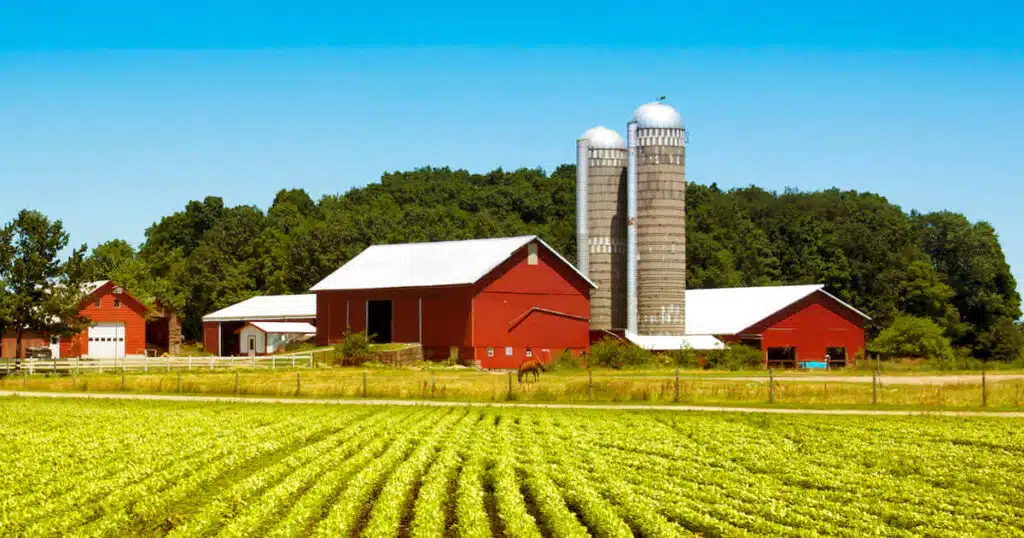
Report finds farmers growing more concerned about economy
U.S. farmers’ confidence in the economy cratered in April, according to the latest monthly report from Purdue University.
The Purdue University-CME Group Ag Economy Barometer for last month, which was released Tuesday, fell 15 points from March. At 99, the current score is the lowest the barometer has dropped since it reached 97 in June 2022.
In addition, farmers’ sentiment regarding current conditions, one of the two indices used to create the barometer, continued a six-month slide. It fell 18 points to 83, which is the lowest that index has reached in nearly four years.
Six months ago, the current conditions index was at 113. It was at 129 in April 2023. The other index, which focuses on farmers’ outlook on the future, fell 14 points last month to 106.
“In terms of why sentiment dropped, people became less optimistic about what was taking place on their farms today, and they’re also starting to show some evidence of being concerned about where we’re headed here over the course of the next year,” said Jim Mintert, the director of the Purdue Center for Commercial Agriculture, as he announced the findings.
Falling crop prices are a factor as farmers’ concerns rise, he added.
The barometer, based on farmer surveys the Center for Commercial Agriculture conducted from April 8-12, is yet another sign the nation’s economy may be weakening.
Last week, the U.S. Bureau of Labor Statistics reported the country added just 175,000 nonfarm jobs in April. This was the lowest increase in six months and missed the Dow Jones consensus forecast for the month by 27%. The sluggish job news came on the heels of the U.S. Bureau of Economic Analysis reporting the country’s gross domestic product grew by just 1.6% on an annual basis for the first quarter of the year. Analysts were forecasting a growth rate of 2.5%.
As farmers become more pessimistic about their current financial outlook, more of them have told Purdue agricultural economists they would consider leasing their land for solar energy production. In April, 19% of those surveyed said they had been in active conversations with solar developers during the past six months. That percentage has nearly doubled from February, when just 10% said they held such talks.
A majority of the farmers, 58%, who have received offers said they were quoted rates of at least $1,000 annually per acre leased, with 28% saying they were offered $1,250 or more.
Mintert said the data shows lease rates have increased over the past three years, but the prices may be tied to geography.


